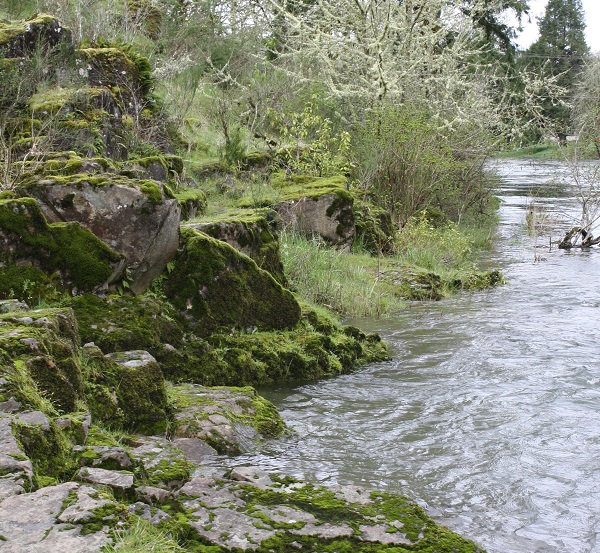Dehne
Easement
The McKenzie River Trust purchased a conservation easement on the property. Funding was provided by the McKenzie Watershed Council, Eugene Water and Electric Board, Meyer Memorial Trust, and the National Fish and Wildlife Foundation.

The Dehne Conservation Easement protects 38 acres of land on the lower McKenzie River made up of over a half mile of riverfront floodplain forest and riparian buffer, and 11 acres of high-quality farmland.
Meet Dehne
Why It’s Important
The Dehne Conservation Easement protects 38 acres of land on the lower McKenzie River made up of over a half mile of riverfront floodplain forest and riparian buffer, and 11 acres of high-quality farmland. The property is located in the heart of an area where the McKenzie River Trust has invested in hundreds of acres of conservation lands.
Currently, the McKenzie Watershed Council is working with these landowners to restore and enhance floodplain habitat on the property.
Fish and wildlife on the property
Sensitive fish and wildlife species likely to benefit from the conservation easement include native salmon, amphibians, and reptiles such as Upper Willamette spring Chinook (Oncorhynchus tshawytscha), cutthroat trout, red-legged frog (Rana aurora), and northwestern pond turtle (Clemmys marmorata marmorata). The side channel habitat on the property will be protected in perpetuity for its fish and wildlife, agricultural, and water quality protection values.
History
The Dehne family has owned land in the McKenzie Watershed for 4 generations. This property will continue to be owned and managed by Jeff and Elizabeth (Liz) Dehne, leaders in the local Grange who operate a small farm and manage for timber on the property.
The McKenzie River Trust secured grant funding for the purchase cost of the Dehne Conservation Easement from the McKenzie Watershed Council’s 412 fund, supported by the Eugene Water and Electric Board to mitigate for the impact of the Leaburg dam on sensitive fish species. The Meyer Memorial Trust contributed funds toward transaction-related expenses, and EWEB’s Healthy Farms Clean Water program — supported by a grant from the National Fish and Wildlife Foundation — paid for MRT staff time to develop the conservation easement, which occurred over about 1½ years.


